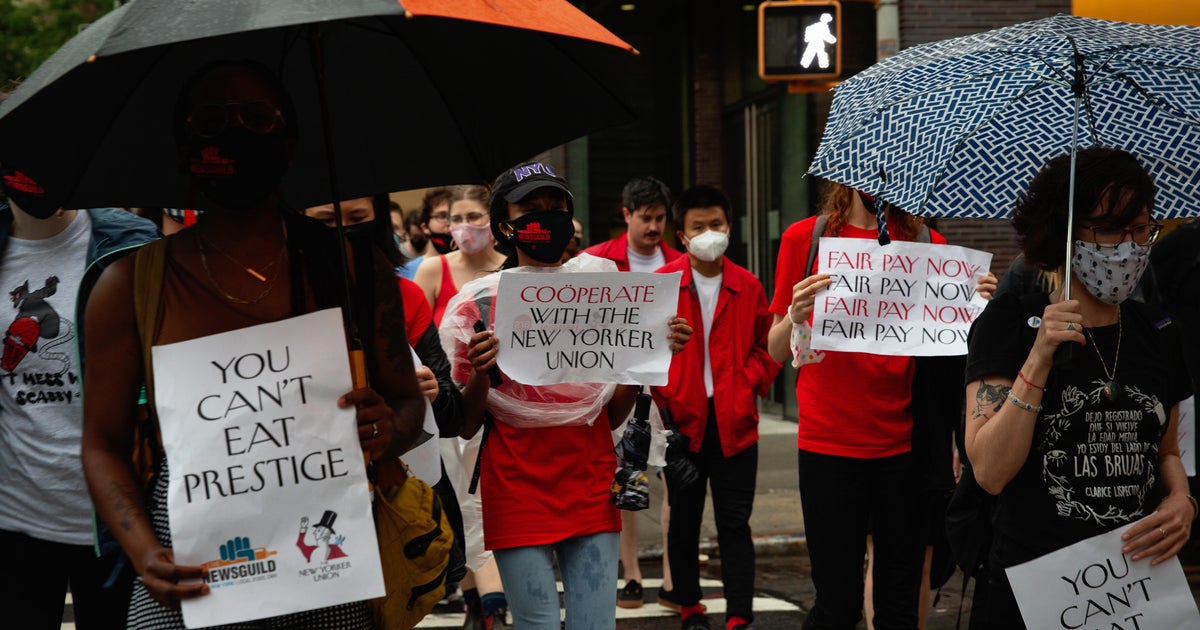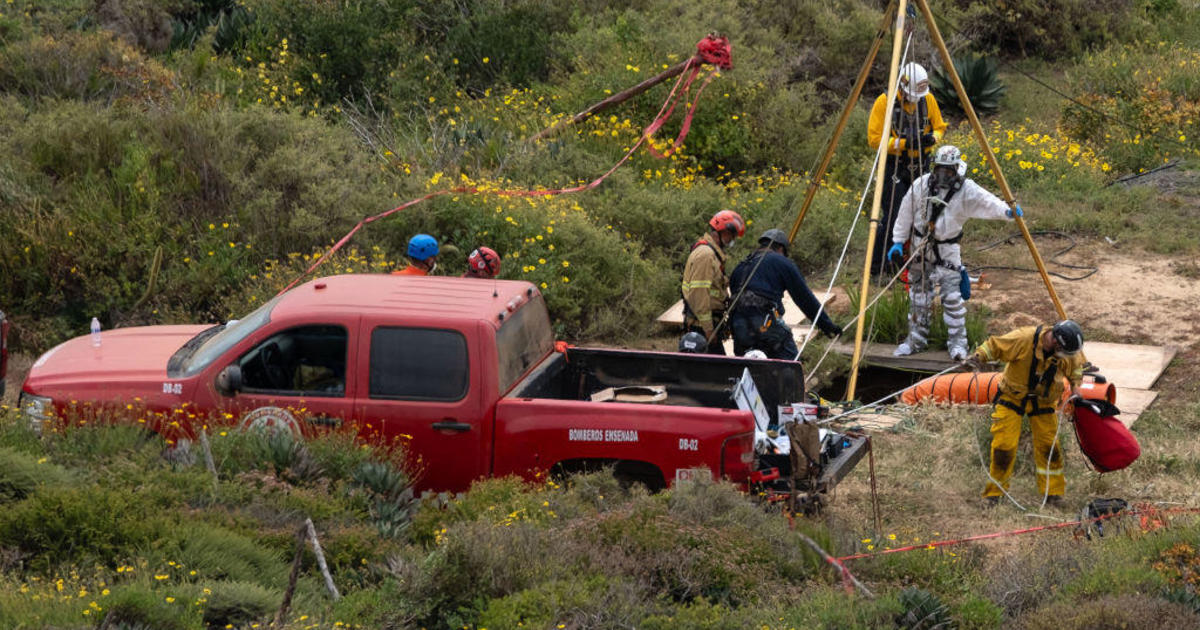Massachusetts leads the nation in shifting to clean energy
States along the East Coast lead the U.S. in creating policies and programs that promote clean energy, according to a report from the American Council for an Energy-Efficient Economy.
The nonprofit group's State Energy Efficiency Scorecard, released Tuesday, named Massachusetts the most energy efficient locale. California ranked No. 2, Rhode Island and Vermont tied for third, and New York rounded out the top five.
Measures taken by those states will help dramatically reduce pollution across the nation, the council's executive director said Tuesday.
"If states embrace robust energy-saving measures nationwide, Americans can slash greenhouse gas emissions by 50 percent and deliver more than $700 billion in energy savings by 2050," Steve Nadel, the council's executive director, said in a statement. "We commend the top states for their clean energy leadership and urge states that are lagging to implement the strategies laid out in this report so they can deliver energy and cost savings for their residents."
The council evaluated each state on six criteria, including public transportation policies, utility benefits and programs, and building energy efficiency policies.
States are working toward relying on wind, solar, hydropower as the use of renewable energy continues to grow. By 2050, if no new laws are passed, nearly a third of U.S. electricity will come from renewable sources, according to the Energy Information Administration.
Massachusetts began creating the nation's first commercial-scale offshore wind farm last year. The state plans to double its wind generation in the next two years, and lawmakers are looking to power the state with 100 percent renewable energy by 2045. Some cities in the state are also taking action. Holyoke, with a population of 40,000, last year launched the largest solar facility in Massachusetts after earlier closing the last coal-fired plant in the state.
Maryland received the most improved label in the council's report, noting that The Old Line State rose three spots to No. 7. Maryland made "significant gains by focusing on utility efficiency programs, stronger building energy codes, public transit funding, and electric vehicle adoption," the report stated.
"Our initiative to reduce energy consumption in state-owned buildings by 10 percent is just one of the many ways Maryland is leveraging energy efficiency measures to cut carbon emissions, save money and improve the environment," Maryland Gov. Larry Hogan said in a statement.
The council called New Jersey and New York states to watch in part because that's "where utilities and regulators continue to work to design strengthened efficiency programs to meet new utility savings targets approved in 2018."
"These states and others have established ambitious clean energy goals to transition to a carbon-free economy, while including energy efficiency as a key pillar in their strategies to do so," the report's authors wrote.
Earlier this year, New York Gov. Andrew Cuomo called for the state to generate 100 percent of its energy from renewable sources by 2040. State lawmakers adopted Cuomo's plan in June and the governor signed it into law in July.
The council noted that Middle America has been slow to adopt clean energy measures. States including North Dakota, South Dakota, Nebraska, Kansas and Wyoming were among the lowest-ranking states in shifting to renewables.



